Category: music
You are viewing all posts from this category, beginning with the most recent.
#NowPlaying @NothingManor: Big Wreck - The Rest of the Story (2025). The new album has finally dropped. Time to get listening. Pairs best with the Pages EP. #music #rock #hardrock #progrock
#Rush is adding 17 new cities to their upcoming #FiftySomething tour with new drummer #AnikeNilles. I feel like Alex and Ged should have known the kind of response they’d get when dropping the news a couple weeks ago 😁 Watch below! #music #livemusic
#NowPlaying @NothingManor: Sixpence None the Richer - Live at Gruene Hall (2025) Leigh Nash and Co. are fantastic musicians who had a few pop hits and are pigeonholed as “Christian”, but are mostly progressive pop & their live shows are amazing. #music
#NowPlaying @NothingManor: Anika Nilles - False Truth (2025) Take some time to spin this #jazzfusion album before she hits the stage on tour with #Rush in 2026. Can’t wait to see her touring kit(s). #music
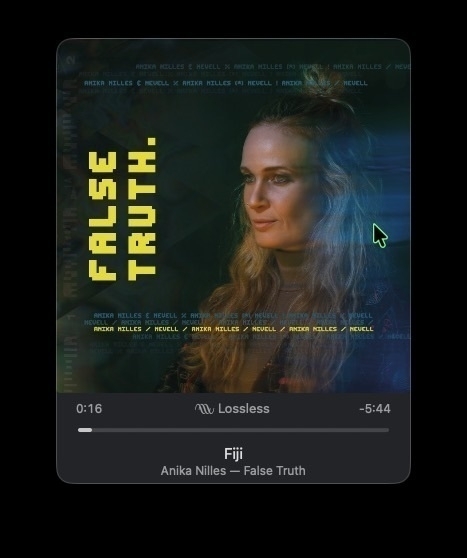
#NowPlaying @NothingManor: Devo - Greatest Hits (1990). #Devo has a new doc out on #Netflix, has a new album coming out, and has been around for 50 years and still going strong. Very few greatest hits I’ll listen to. #music #rock
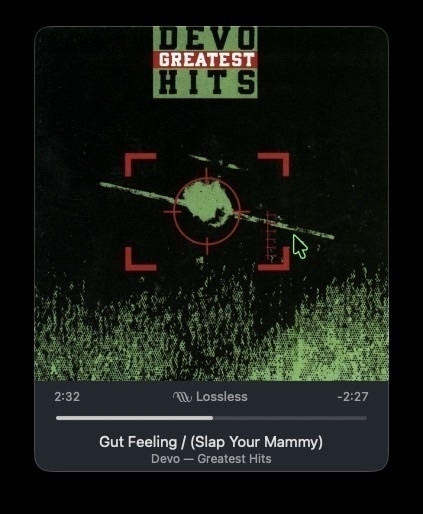
#NowPlaying @ Nothing Manor: RPWL - Beyond Man and Time (2012) #progrock #artrock Founded as a German Pink Floyd cover band, the group transitioned to original works. Initial impression is a blend of Floyd and Porcupine Tree. I like it! #music #RPWL www.youtube.com/watch
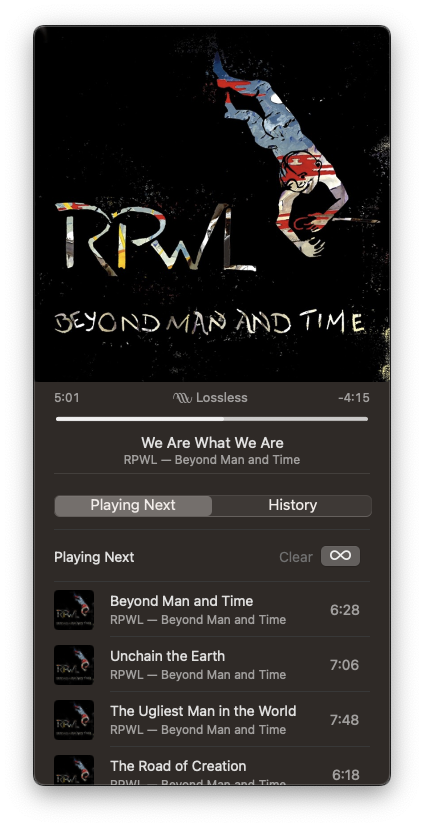
Oh, this is just fantastic. I can’t wait!! #SpinalTap The snake feeds upon itself!! #music #heavymetal www.youtube.com/watch
#NowPlaying @ Nothing Manor: Sonic Elements - Highlights from a Celebration of The Lamb Lies Down on Broadway (2025). Yes, the seminal #Genesis #ProgRock album. Lead vocals courtesy of Francis Dunnery (It Bites) and a full orchestra. Fantastic! #music #LiveMusic www.youtube.com/watch
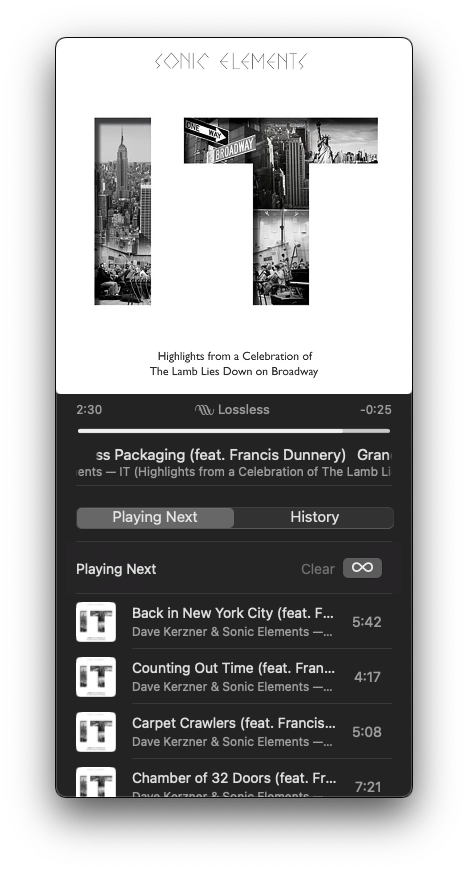
#NowPlaying @ Nothing Manor: The Cure - The Head on the Door (1985). Fantastic album. Early Cure is often lumped in with electronica and new wave, but I think they’re really a proto alternative rock band using the tools that had become available. #music #KROQ #80s www.youtube.com/watch
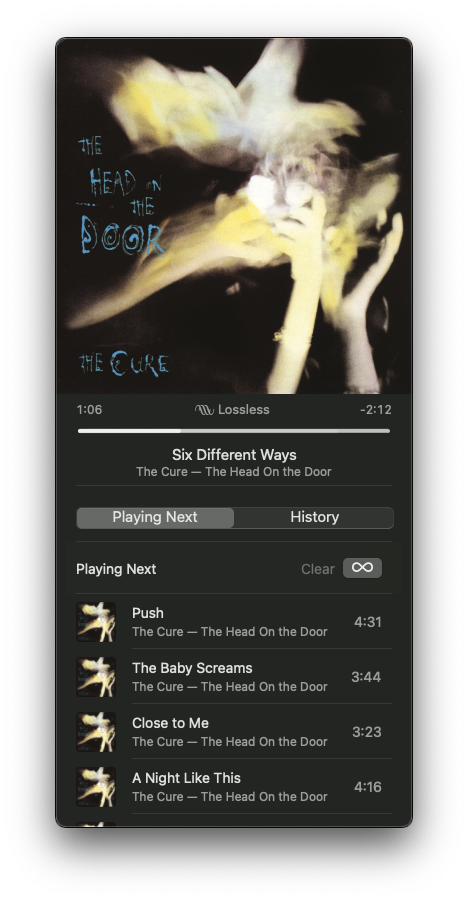
When I heard the first bars of #WeatherReport’s “Birdland” I laughed, knowing that it’s essentially a drumless track, but was excited to hear what Brann Dailor (Mastodon) would do with it. The result is driving and energetic! #jazz #drums #video www.youtube.com/watch